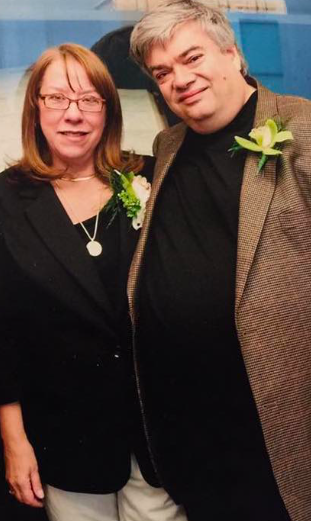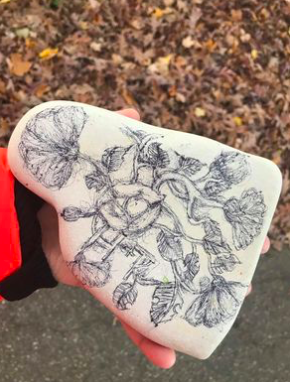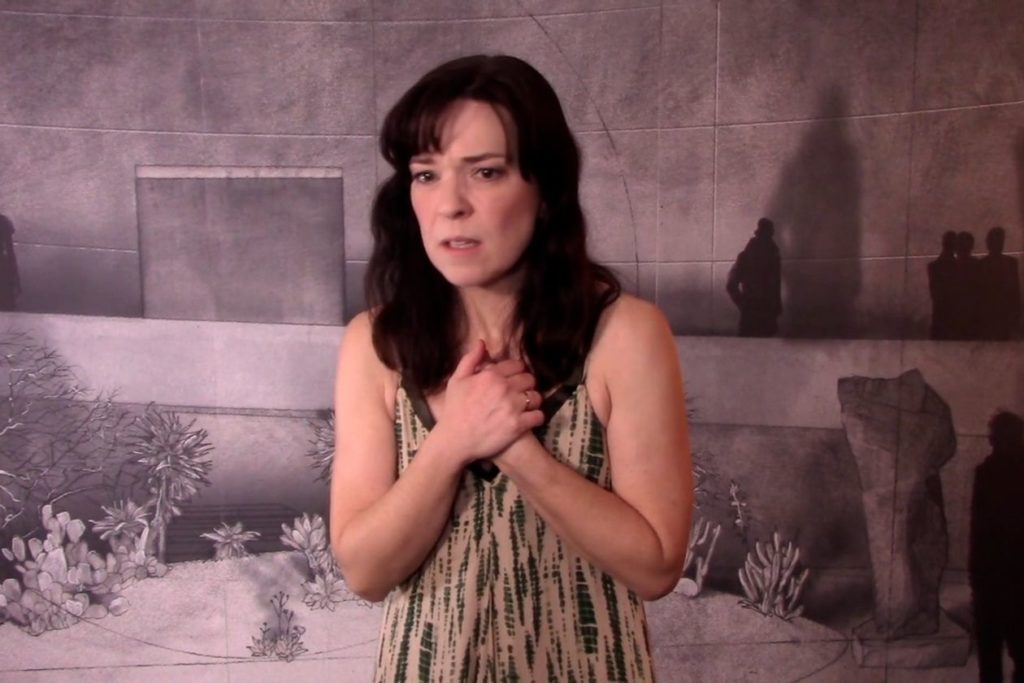Grief, I have discovered, is self-limiting, and mine has burned itself out. It isn’t that I don’t miss Hilary anymore: I’m burning a candle in her memory today, I think about her often, and sometimes I still shed tears at the thought of her (especially when I hear pieces of music that I associate with her). But I have come to fully understand and accept that her death was for the best, and this has helped me to surmount my sorrow. I know she would never have wished to lead the severely impaired post-operative life to which she would have been reduced, and even if she had succeeded in recovering to some limited degree from the transplant surgery that came too late to save her, the pandemic that by then was raging uncontrollably in the outside world would have made it impossible for her to leave the hospital for months and months—if ever.
For me, the process of coming to terms with Hilary’s death was inevitably shaped—and, I suspect, prolonged—by the fact that I had no choice but to go straight from her deathbed into lockdown. That was the final cruelty.
A friend writes:
You were robbed of all the rituals that go along with grieving. The hugs, the trays of food, the too many (in person) “how you holding up?”s. Some of that can be torture, but we do all of it for a reason: it helps (the giver as much as the receiver)! And it sucks that you missed out on it.
It does, yet it is no less true that my friends were as steadfastly supportive as it was possible to be from a distance. Indeed, I believe that their love and sympathy has been the main source of my slow-dawning realization that I will have some kind of life after Hilary, perhaps even a truly happy one—different, to be sure, but not without possibilities of its own.
Even now, people I know continue to make gestures of sympathy that move me deeply. Just the other day, another friend who lives near one of the Frank Lloyd Wright houses that Hilary and I loved best told me that her daughter did a drawing on a small stone and placed it under a tree close to the house as a memorial to my irreplaceable partner. She sent me a picture of the stone, and the sight of it touched me to the heart. Perhaps someday I’ll come see it for myself.
After the British army turned back Rommel’s troops at El Alamein, Winston Churchill told his people, “This is not the end. It is not even the beginning of the end. But it is, perhaps, the end of the beginning.” More and more, I sense that I, too, have reached the end of the beginning, and am ready at last to make a fresh start. As improbable as it once seemed, my battered heart is full of growing hope for the future, just as my mind is full of memories that no longer sting but instead inspire me to rejoice in the once-in-a-lifetime stroke of luck that brought Hilary and me together. Brief and full of trial though our marriage was, it is the greatest thing that has ever happened to me, or ever will.
* * *
Indra Rios-Moore sings “Any Major Dude Will Tell You,” by Walter Becker and Donald Fagen:






